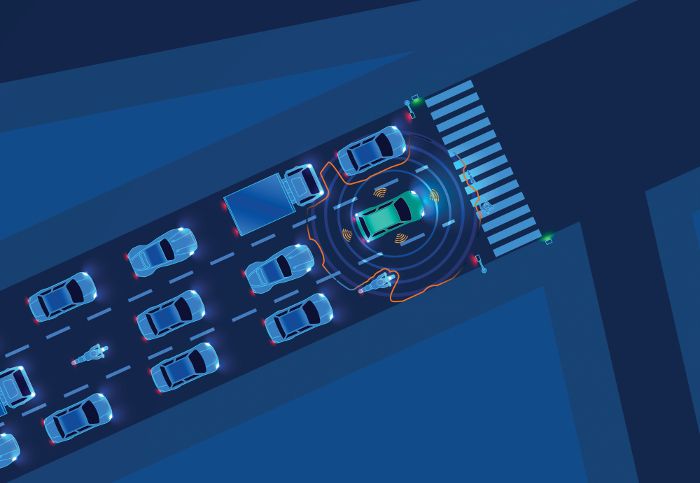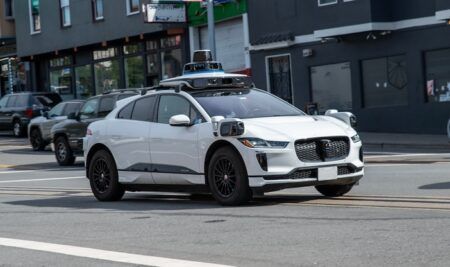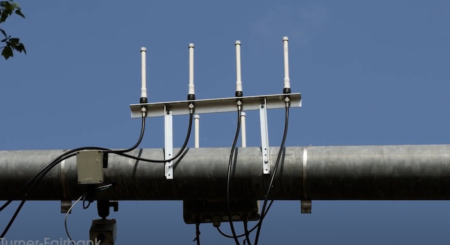Spain-based transportation software developer Aimsun has unveiled a new simulation platform for the large-scale design and validation of path planning algorithms for self-driving vehicles.
Launched at the Autonomous Vehicles Technology Expo, which is taking place in Stuttgart, Germany this week (May 21-23), the new Aimsun Auto software allows test vehicles to drive inside entire digital cities, perfect virtual copies of existing transportation networks, where users can safely explore the limits of automated vehicle (AV) technology. When used in combination with sensor testing tools and vehicle dynamics simulation tools, Auto provides a test harness that is full-stack, highly automated and infinitely scalable. With the Auto software, users can synthetically generate, execute, and analyze tens of thousands of scenarios, making it exponentially more efficient and wider-ranging than any methodology based on field data.
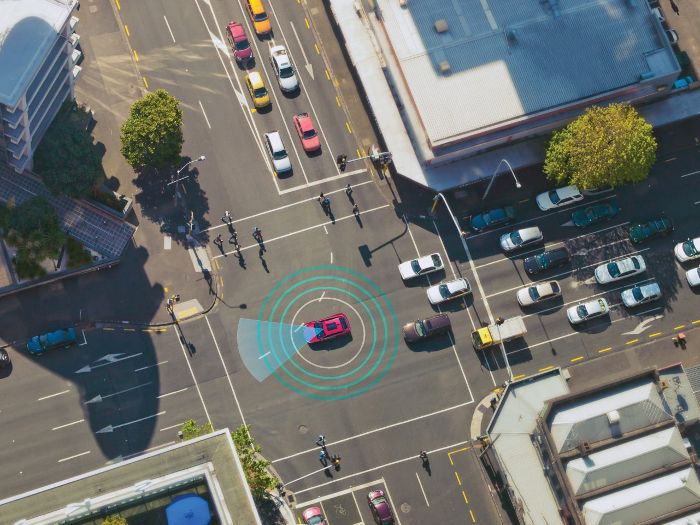
Now owned by Siemens, Aimsun has developed Auto to be a perfect complement to sensor testing tools and driving simulation software, being able to integrate seamlessly into a testing environment and providing a scenario generation engine to cater for both ordinary and non-compliant situations. Unlike trajectory analysis and scripted scenario creation, the Auto software is an ideal tool for analyzing edge cases: traffic violations such as rolling stops, running red lights, jaywalking or speeding, and even the often cited moral dilemma of an autonomous car ‘choosing’ who to spare in a fatal accident.
AI start-ups and vehicle manufacturers can use Auto for verification and validation during the development of the AV stack, and to test new versions before deploying them in the field. Government regulators can use Auto to test and authorize the deployment of an AV on public roads, while AV test tracks can use Auto to generate synthetic traffic for testing the AV in an augmented reality environment. The scope of testing within Auto is virtually unlimited, as it can include public transport, human-driven vehicles, pedestrians, bicycles and motorcycles on both highways and urban environments.
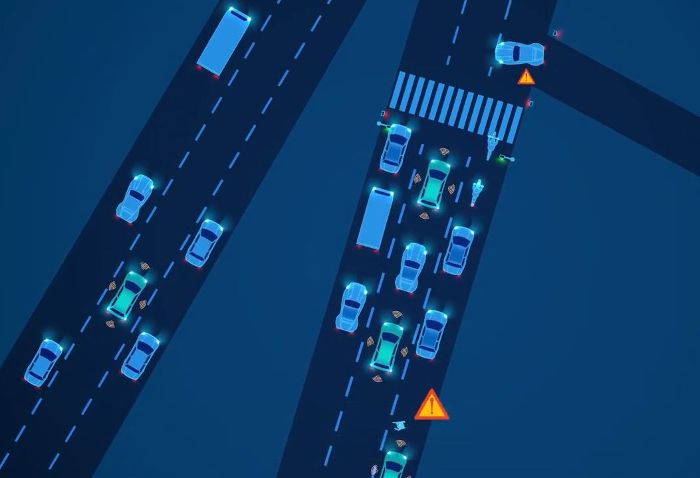
“With Auto there is no need to drive around seeking the conditions that you want to test, or to laboriously script each actor’s behavior frame-by-frame. Scale and speed are of the essence,” explained Paolo Rinelli, global head of product management at Aimsun. “Auto can execute thousands of concurrent instances much faster than real-time on private or commercial cloud infrastructure, effectively covering the equivalent of millions of autonomous miles overnight. It’s fast, it’s infinitely scalable and, most importantly, it’s safe.”
Rinelli continued, “Path planning design and validation is a key element of autonomous vehicle testing. You can run all the sensor tests in the world, but that won’t make your AV any better at, say, merging onto a highway. The scope of testing is virtually unlimited. Testing with Auto can include extraordinary scenarios with rogue actors that would be prohibitively expensive or impossible to perform in the field; with Auto you can also run wide-area regression tests to ensure that a new release of autonomy stack continues to meet prior safety standards. Obtaining realistic estimates on overall journey time, emissions profile, energy consumption and smoothness of ride for door-to-door trips is a unique feature of Auto.”


